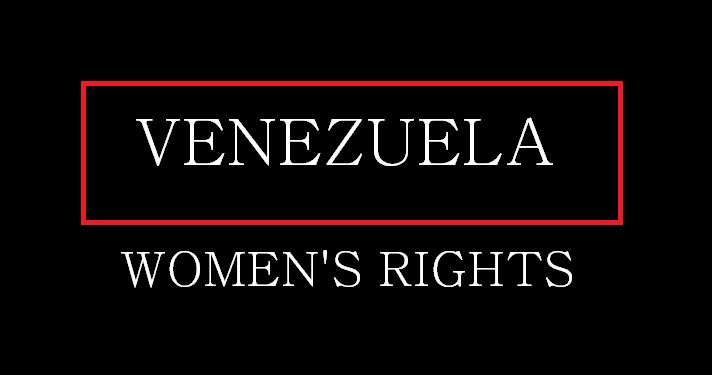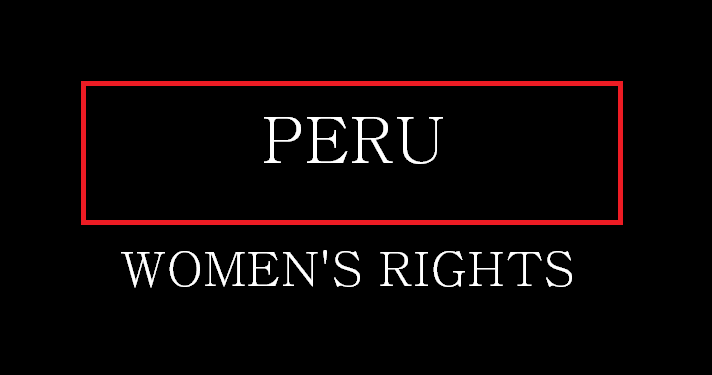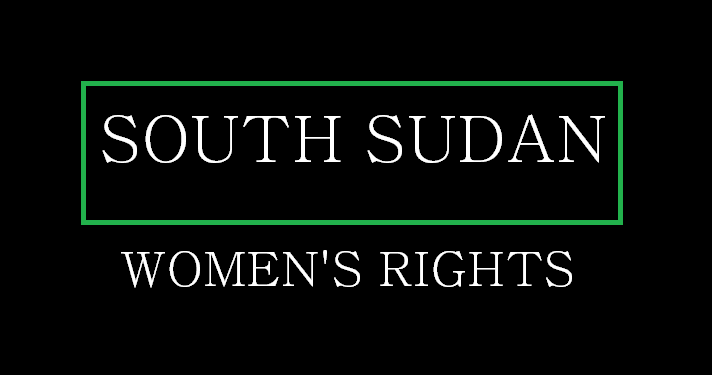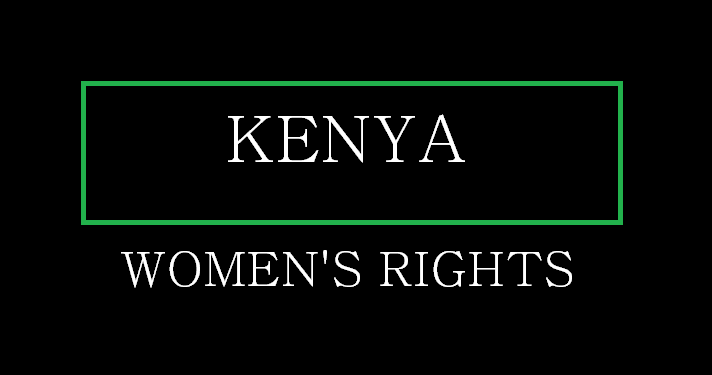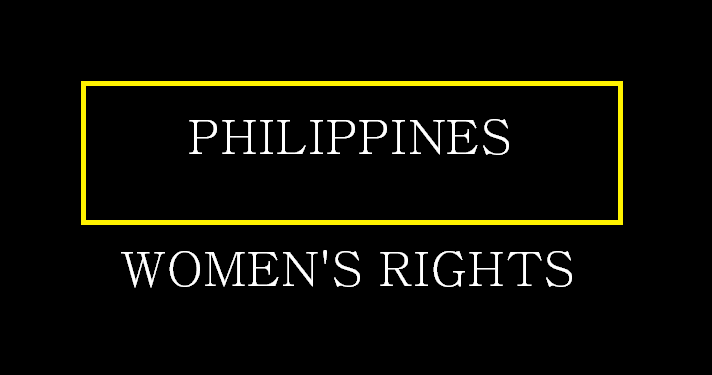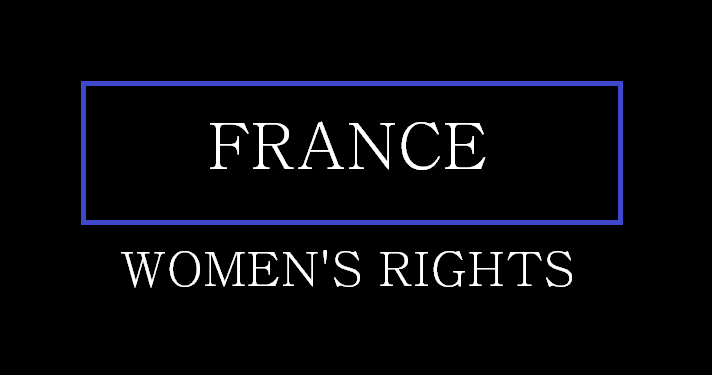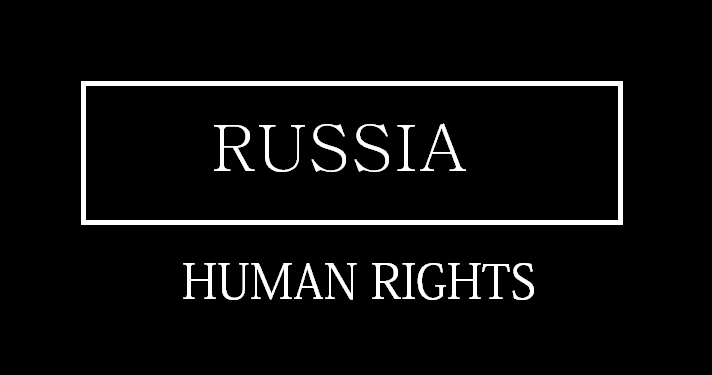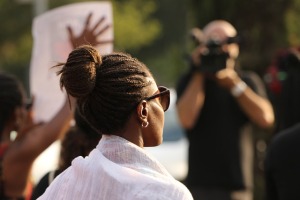
Women have been at the forefront of the Black Lives Matter movement, leading it fiercely from 2013. Alicia Garza has been a vocal activist against systemic racism and after the acquittal of George Zimmerman from the murder charges of Trayvon Martin, she turned to social media to express her angst. Supported by her friends, Patrisse Cullors and Opal Tometi, they launched the #BlackLivesMatter movement to spread information about the problems that the black people were unfairly subjected to. When they started the movement, it connected various people online so that they could take action offline. Following the death of George Floyd in 2020, the movement has gained new momentum and seems to be on track to bring forth some significant changes in American society.
Women are already battling gender discrimination in several spaces, be it their workplace or their own homes. This problem persists in political spaces as well where not only women but also members of the LGBTQ community are under-represented. As one of the proponents of the #BlackLivesMatter movement, Alicia wanted to close this gap and provide a platform for everyone to raise their voices. It was high time that women and members of the LGBTQ community had platforms where they could express dissent against systemic discrimination and abuse.
However, some protestors participating in the Black Lives Matter movement have been subjected to police brutality including Michael Brown, Eric Garner, and Freddie Gray, among others. Several women have also been exposed to police abuse. Black women including Rekia Boyd, Michelle Cusseaux, Tanisha Anderson, Shelly Frey, Yvette Smith, and Eleanor Bumpurs have suffered while protesting against racial inequality. But unlike their male counterparts, the female cases did not gather enough public outrage. This indicates how the gender of the demonstrator has an impact on the entire movement as a whole.
While the Black Lives Matter movement speaks of very relevant issues for the members of the entire black community, this movement would not have half its strength without the participation of women. The reason why women such as Alicia started this movement and are sustaining it is because they know that there are issues that women in specific are dealing with such as sexual abuse and sexual harassment. Despite knowing that they are putting themselves at risk by marching out, they know that it is a cause worth fighting for. Hopefully, their efforts will pay off and the much-needed reforms would be introduced in the United States of America.

